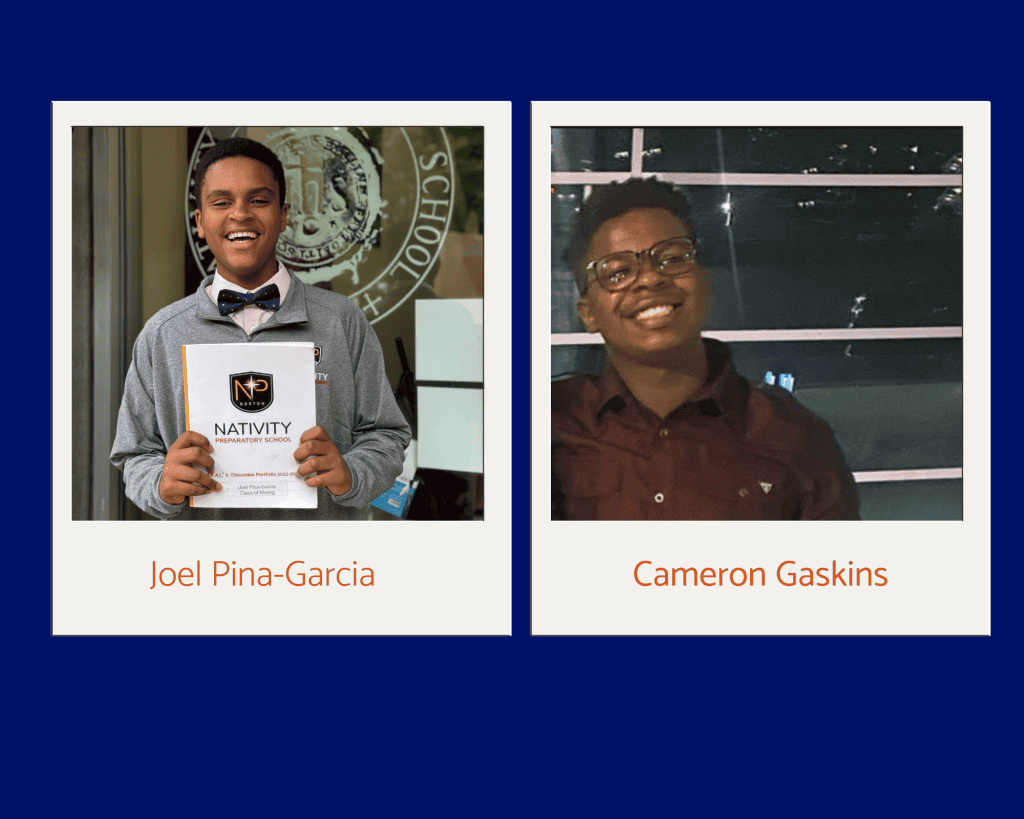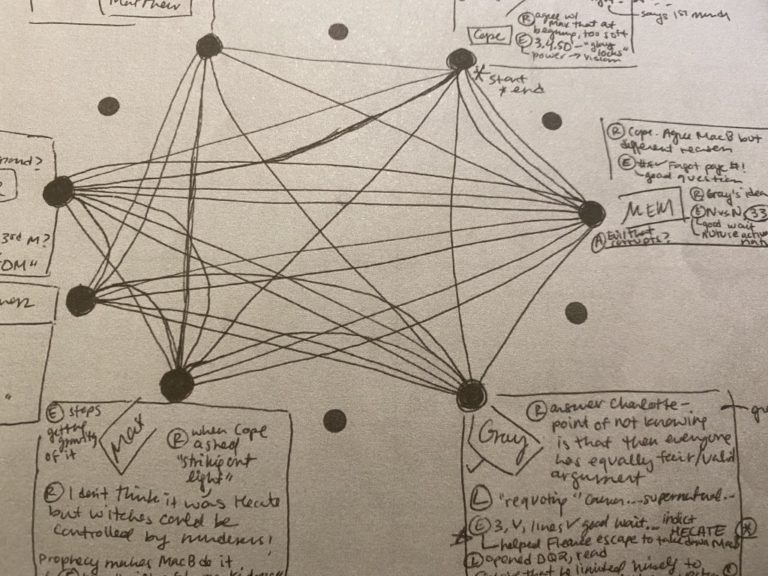Congratulations to the Winners of Our 2nd Annual Student Essay Contest!
We are delighted to announce the winners of The Second Annual R.E.A.L. ® Discussion National Essay Contest! We invited the thousands of students who have used R.E.A.L.® this year to submit an essay exploring the differences between communicating in-person and on-screen. We asked for predictions about how Gen-Z will communicate in 10 years, and we asked respondents to explain whether they think it’s important for today’s students to learn how to communicate effectively in person.
We read some fantastic essays and were heartened to hear that every submission shared a central characteristic: each writer argued that yes — learning how to communicate in-person is as critical (if not more critical!) today as it ever was.
We are grateful to every student who sent us a submission, and we’re particularly thrilled to share our congratulations with our two contest winners: our Middle School winner Joel Pina-Garcia from Nativity Preparatory School in Boston, and our High School winner: Cameron Gaskins from Woodward Academy in Atlanta.

Both essays argued that true understanding comes from more than hearing the content of a conversation; rather, there is so much that can be learned from body language and nonverbal cues, which may not translate as effectively on-screen.
Cameron writes:
“Online platforms can’t fully replicate the social dynamics that build rapport and engagement between students and instructors. Misunderstandings can arise from the lack of vocal tone and facial expressions.“
Joel, too, warns against the pitfalls of an over-reliance on technology. He writes:
“On screens, you can get addicted really fast, and you won’t pay attention to the people around you…Phones can make most people lose focus on things or lose sleep from staying on technology through the night. Phones stop you from interacting with humans face-to-face.”
While Joel mainly explores the potentially negative effects of screen-bound conversation on students’ personal lives, Cameron also highlights issues with technology that’s intended to be helpful. He says:
“The sustained focus required for online learning can lead to decreased retention of information. While technology offers flexibility, some students may feel isolated and struggle to achieve effective learning outcomes.“
Our two contest winners underscore a central tension that we know exists in the world of modern education: the many positive uses of technology, as well as the negative repercussions of an overreliance on tech-based tools. We think Cameron sums this tension up well in his essay, when he writes:
“As education becomes increasingly digital, finding a balance between in-person and on-screen communication will be crucial…By understanding the differences and challenges of each, we can create more inclusive and engaging learning environments that empower all students.”
Hear, hear! We agree that both types of communication will be critical for this and future generations. We know that the fading art of in-person communication can (and must!) be taught. We’re gratified to know that students like Cameron and Joel agree.
Congratulations, Joel and Cameron! Thank you for sharing your words!






